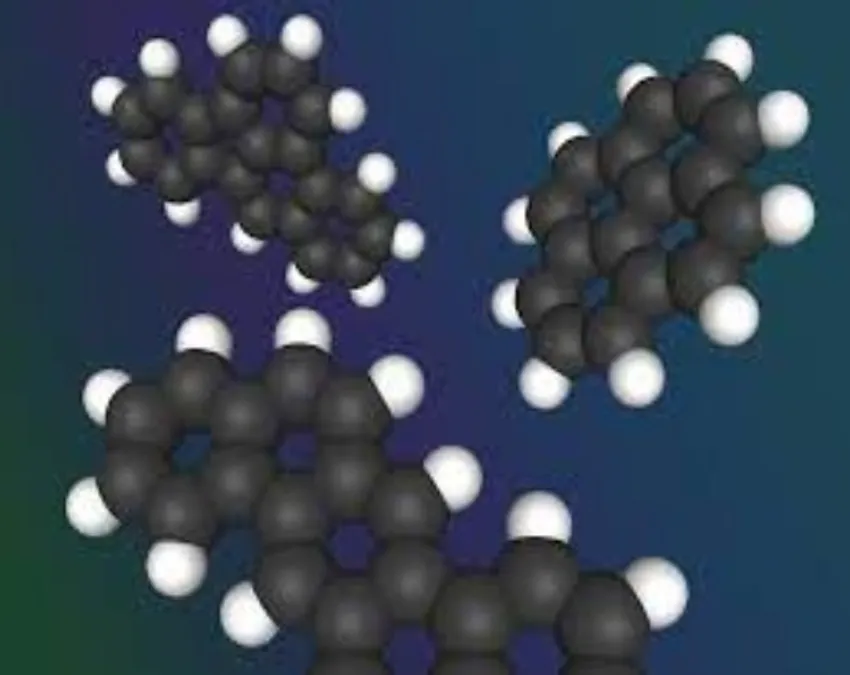Researchers at NIT Rourkela have developed a pioneering bacterial biofilm capable of degrading phenanthrene—a hazardous polycyclic aromatic hydrocarbon (PAH) commonly found in industrial oil spills and chemical waste. The innovation promises a sustainable alternative to conventional clean-up methods.
Technology Overview
-
- The biofilm is composed of microbial cells embedded in an extracellular polymeric matrix, cultivated using Luria Bertani broth.
-
- It achieved 95 percent degradation of phenanthrene within just five days during lab trials.
-
- The matrix enhances microbial density, viability, and metabolic activity, accelerating pollutant breakdown.
Environmental and Industrial Impact
-
- PAHs like phenanthrene are typically managed through chemical oxidation or soil excavation, which are costly and generate secondary pollution.
-
- The biofilm offers a low-cost, eco-friendly solution for wastewater treatment and oil spill mitigation.
-
- It is compatible with existing biofilm reactors used in municipal and industrial facilities.
Strategic Applications
-
- Particularly effective in regions with high industrial activity and limited pollution control infrastructure.
-
- The technology holds promise for collaboration with petrochemical industries seeking sustainable remediation tools.
-
- Its protective EPS layer enables absorption of toxic molecules while shielding microbes from harmful effects.
Future Outlook
-
- Researchers believe the biofilm can revolutionize treatment of persistent organic pollutants in aquatic environments.
-
- The patented technology is poised for integration into large-scale pollution control systems.
Sources: The Hans India, Medical Dialogues, NewKerala, News Nation Hindi, Climate Samurai






